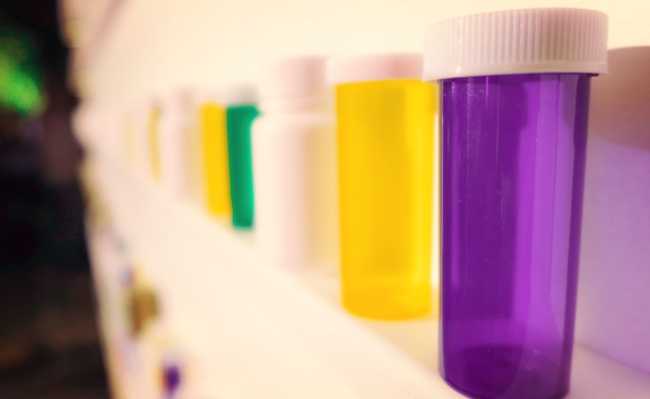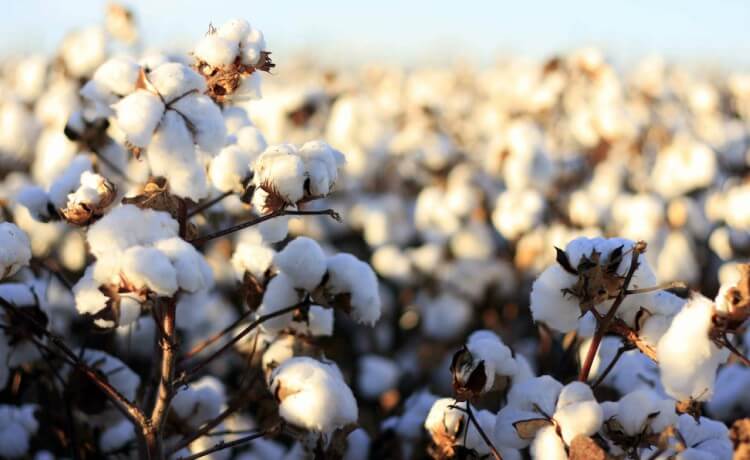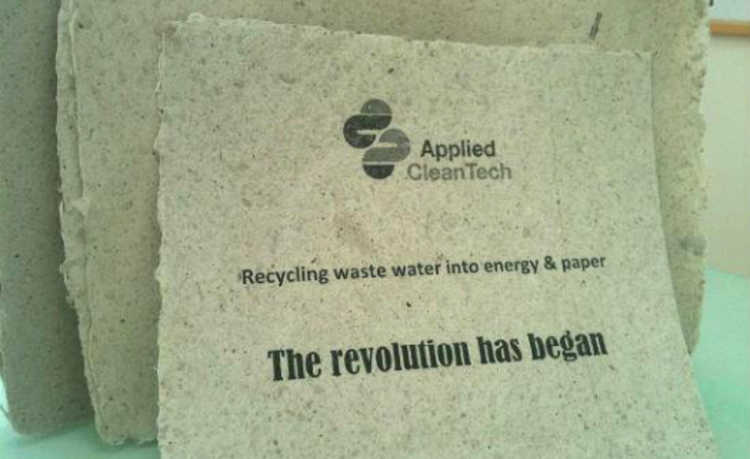What is BPA?
Bisphenol A (BPA) is used in the production of plastics and resins and can be harmful to health

Joshua Coleman image in Unsplash
Bisphenol A, also called BPA, is an organic chemical substance that constitutes the basic unit of high-performance polymers and coatings, mainly polycarbonate plastics and epoxy resins.
The applications based on Bisphenol A, due to the properties conferred to the material by this substance, are many, among them are DVDs, computers, household appliances, coatings for food and beverage cans, and many plastic items, such as baby bottles, toys, disposable cutlery, between others. Small amounts of bisphenol A are also used as components in soft PVC and as a color primer in thermal papers (bank statements and vouchers).
Because it has harmful effects on health, BPA is now banned in baby bottles and limited to certain levels in other types of materials.
According to information published on the website of the Brazilian Society of Endocrinology and Metabolism of the State of São Paulo (SBEM-SP), “it is worth noting that some of the deleterious effects of bisphenol A, such as changes in thyroid hormones, insulin release from the pancreas, proliferation of fat cells, with nanomolar doses, that is, extremely small doses, which are lower than the supposed safe dose of daily intake.”
With the ban, substitutes for BPA emerged; however, these substitutes can be as harmful or more harmful than BPA. Understand this theme better in the article: "BPS and BPF: know the danger of alternatives to BPA".
- Know the types of bisphenol and their risks
understand the risks
The health risks that BPA can pose have been a matter of debate. Studies show that BPA is a xenoestrogen, meaning that it confuses cell receptors in the body and behaves similarly to natural estrogens. For this reason, BPA is considered an endocrine disruptor (ED).
These substances, in general, unbalance the endocrine system, modifying the hormonal system. The effects of BPA in the body can cause abortion, reproductive tract abnormalities and tumors, breast and prostate cancer, attention deficit, visual and motor memory deficit, diabetes, decreased sperm quality and quantity in adults, endometriosis, uterine fibroids , ectopic pregnancy (outside the uterine cavity), hyperactivity, infertility, changes in the development of internal sexual organs, obesity, sexual precocity, heart disease and polycystic ovary syndrome.
A study published by FAPESP agency showed that even at low doses bisphenol A can disrupt thyroid hormones.
Absorption
A survey published by Analytical and Bioanalytical Chemistry showed that, in the case of thermo-sensitive papers (bank statements and receipts), for example, contamination can occur through contact with the skin. Although thermosensitive paper is recyclable, due to the presence of BPA in its composition, the Pollution Prevention Resource Center (PPRC) recommends disposing of this type of paper in common waste to avoid contamination by BPA, which is released in the recycling process. According to the research, the recycling of thermo-sensitive paper can increase human exposure to BPA, since, during the process, there may be contamination from other recycled paper products. BPA has already been found, for example, in paper towels.
Responsibility
THE Food and Drug Administration (FDA) supported by the National Center for Toxicological Research (NCTR), both US agencies, assess the safety of BPA. Preliminary results show some concerns about the use of this substance, but the NCTR does not recommend any regulatory action at this time. According to the FDA website, "further research is needed to better assess the long-term impacts of bisphenol A exposure on brain development and behavior."
In Brazil, the Health Surveillance Agency (Anvisa) banned the production and import of baby bottles containing BPA. The measure is of great importance, as it seeks to protect children aged 0 to 12 months, but this was only a first step, as other plastic utensils used by young children, such as cups, plates, cutlery and pacifiers, and also powdered milk cans that may contain BPA in their lining were not included. The ban on BPA had already been adopted in other countries, such as Canada and the States of the European Union. A similar measure is expected in Mercosur soon. Common market countries are discussing the elimination of BPA for baby bottles and similar items intended for infant feeding.
Learn How to Avoid Exposure to BPA
There are a few ways to reduce exposure to BPA, see below:
- For plastics, pay attention to recycling symbols 3 (PVC) and 7 (PC) on the packaging, as they may contain BPA . Whenever possible, give preference to glass containers;
- Always use baby bottles and glass utensils;
- Never heat or freeze beverages and foods wrapped in plastic. BPA and other types of bisphenols (as or more harmful) are released in greater amounts when plastic is heated or cooled;
- Discard chipped or scratched plastic utensils. Do not use strong detergents, steel sponges or a dishwasher to wash plastic containers;
- Whenever possible, opt for glass, porcelain and stainless steel when storing drinks and food;
- Avoid the consumption of canned foods and beverages, as bisphenol is used as an epoxy resin in the inner lining of cans.
- Do not print statements and vouchers. Give preference to digital versions, such as proof of debit via SMS, for example.










